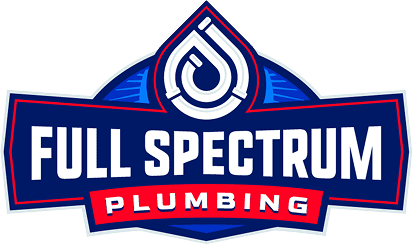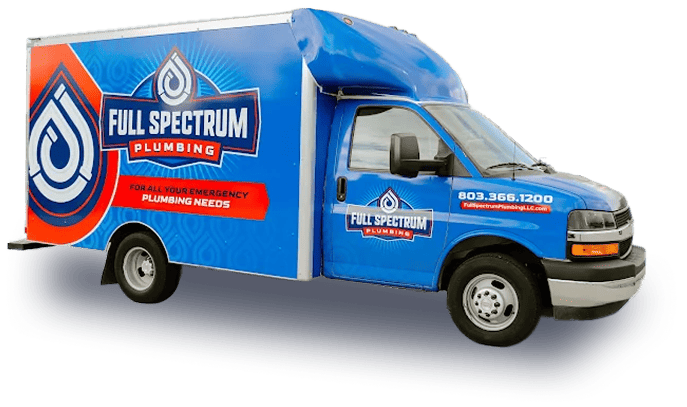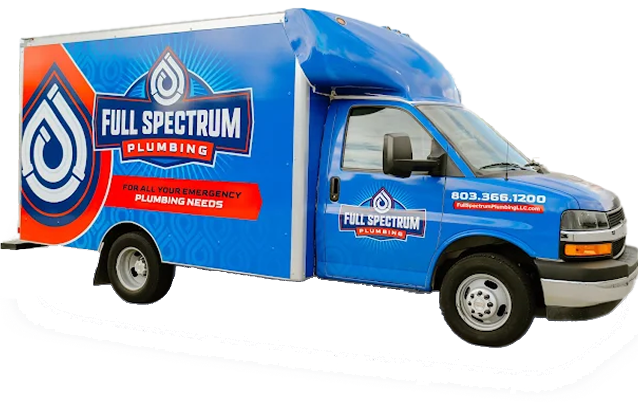Proudly Serving Rock Hill and Surrounding Areas
Distinguishing Scale Accumulation from Corrosion: Understanding Their Impacts
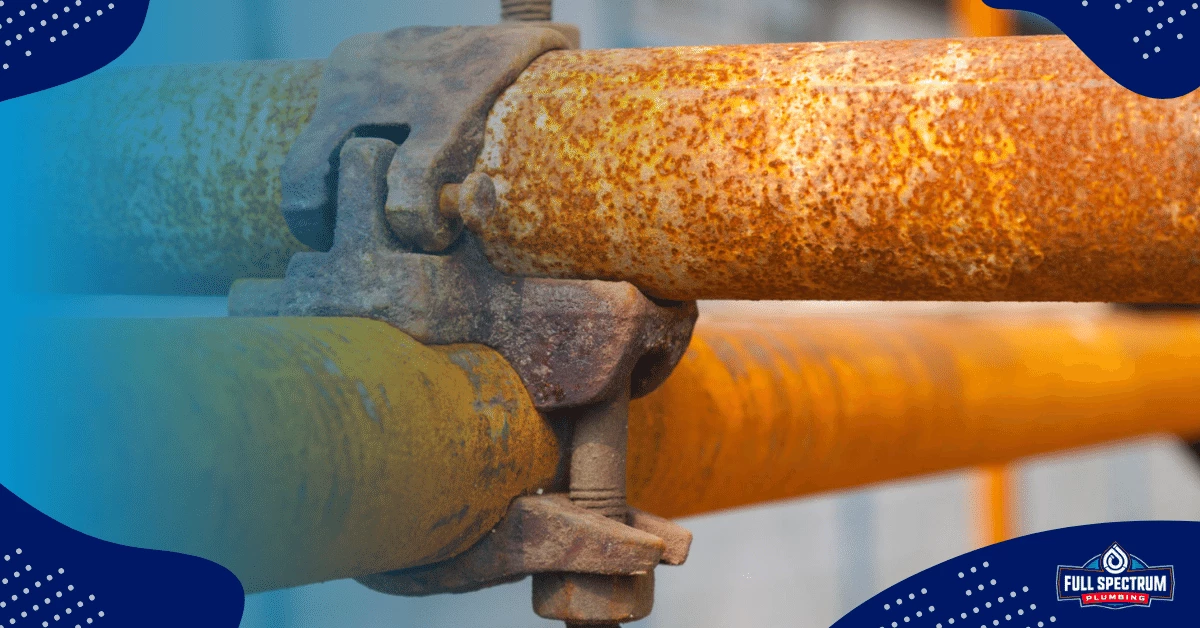
In the intricate world of plumbing, two common adversaries often compromise the efficiency and longevity of our water systems: scale accumulation and corrosion. Although they may initially stem from similar issues, their origins, effects, and management strategies differ significantly.
Understanding these differences is crucial for maintaining both the quality of your water and the integrity of your plumbing systems.
What Are The Key Differences Between Scale Accumulation And Corrosion In Pipes?
Scale accumulation and corrosion represent two distinct processes affecting plumbing systems, each with unique characteristics and consequences. Scale accumulation occurs when water with high mineral content, typically hard water, flows through the pipes.
Minerals such as calcium and magnesium precipitate from the water and deposit along the pipe walls, forming a hard, white, or yellowish layer. This process is primarily physical and does not inherently weaken the pipe’s material.
Meanwhile, corrosion is a chemical process in which the pipe material itself deteriorates due to reactions with the water or its constituents. Corrosion can manifest as rust in iron or steel pipes or as pitting and etching in copper and other metals.
The process not only degrades the pipe material, leading to leaks and failures, but it can also introduce harmful metals into the water supply.
How Can One Identify The Signs Of Scale Accumulation Versus Corrosion In Plumbing Systems?
Identifying the signs of scale accumulation and corrosion requires a keen eye and, sometimes, a professional assessment. Decreased water pressure often indicates scale accumulation as the deposits narrow the pipe’s interior. You might also notice white, chalky residues around faucets and showerheads or heating inefficiencies in appliances like water heaters and boilers.
Conversely, signs of corrosion include discolored water, especially when a tap is first turned on, indicating rust or metal leaching. Leaks or drops in water pressure can also suggest pipe thinning or failure due to corrosion. Moreover, a metallic taste in the water or greenish-blue stains in sinks and bathtubs (from copper pipes) can further point to corrosive damage.
What Are The Potential Impacts Of Scale Accumulation And Corrosion On Water Quality And Pipe Integrity?
Both scale accumulation and corrosion can severely impact water quality and the structural integrity of your plumbing systems, albeit in different ways. Scale buildup reduces water flow efficiency, increasing energy costs and straining appliances. The scale can also become a breeding ground for bacteria, potentially compromising water safety.
Corrosion, however, threatens pipe integrity more directly, leading to leaks, bursts, and, ultimately, significant water damage. The health implications cannot be overstated, as corrosion can leach toxic metals like lead and copper into your drinking water, posing serious health risks over time.
What Methods Are Used To Prevent Scale Accumulation And Corrosion In Plumbing Systems?
Fortunately, several effective strategies can mitigate the risks of scale accumulation and corrosion, ensuring the longevity of your plumbing systems and the safety of your water. Water softening systems can be installed to combat scale accumulation and remove calcium and magnesium ions, the primary culprits behind scale buildup.
Alternatively, electronic descaling systems offer a chemical-free solution by altering the crystalline structure of mineral ions, preventing them from adhering to pipe surfaces.
Preventing corrosion often requires a more nuanced approach tailored to the specific materials used in your plumbing and the chemical composition of your water. For metal pipes, cathodic protection can be employed, which involves using a sacrificial anode rod that corrodes in place of the pipe.
Additionally, adjusting the pH of the water, either by adding neutralizing agents or using corrosion inhibitors, can significantly reduce the corrosion rate. Regular plumbing maintenance and inspections are crucial in early detection and prevention.
Understanding the distinct challenges posed by scale accumulation and corrosion is essential for any homeowner looking to protect their investment in their plumbing systems and ensure the quality of their water supply. While both issues can lead to significant inconveniences and costs if addressed, proactive management and prevention strategies can mitigate their impacts.
By recognizing the signs of scale and corrosion and employing appropriate preventive measures, homeowners can maintain the integrity and efficiency of their plumbing systems for years to come.
Full Spectrum Plumbing Services: Your Shield Against Scale and Corrosion
At Full Spectrum Plumbing Services, we recognize the nuisance and potential hazards that scale accumulation and corrosion pose to your home’s plumbing system. That’s why we’ve tailored our services to address these issues when they arise and prevent them from occurring in the first place. Here’s why we are your best choice for keeping your water flowing smoothly and safely.
Expertise That Speaks Volumes
Our team of certified professionals brings knowledge and hands-on experience to every job. We’re equipped to diagnose the root causes of scale accumulation and corrosion in your pipes and offer the most effective solutions tailored to your needs. With Full Spectrum Plumbing Services, you’re not just getting a service provider—you’re gaining a partner who is as invested in the longevity and safety of your plumbing system as you are.
A Comprehensive Approach to Prevention
We understand that prevention is key to avoiding the inconveniences and dangers associated with scale and corrosion. Our comprehensive range of services includes installing water softeners to combat scale buildup and implementing corrosion protection measures tailored to your plumbing system’s material and your water’s chemical composition. We believe in using state-of-the-art technology and proven methods to ensure your pipes remain in optimal condition.
Transparent and Fair Pricing
Are you concerned about the cost? We strive to make our services as accessible and budget-friendly as possible. For most scale and corrosion prevention treatments, prices range from $150 for basic interventions to $2000+ for more complex systems like whole-house water softeners or advanced corrosion protection setups. We pride ourselves on our transparent pricing policy—no hidden fees, no surprises—just straightforward, honest advice and service tailored to your budget.
Frequently Asked Questions
Q: How often should my plumbing be checked for scale and corrosion? A: We recommend a professional inspection at least once a year, but this can vary depending on your water quality and plumbing system.
Q: Can Full Spectrum Plumbing Services handle residential and commercial plumbing needs? A: Absolutely! Our team is equipped and experienced in managing residential and commercial plumbing systems with the same expertise and dedication.
Q: What is the lifespan of a water softener system? A: A well-maintained water softener system can last 10-15 years. Regular maintenance by our team can ensure your system operates efficiently for as long as possible.
Q: Are there eco-friendly options for scale and corrosion prevention? A: Yes, we offer a range of eco-friendly solutions, including electronic descalers and phosphate-based corrosion inhibitors, which are safe for your plumbing and the environment.
Let Full Spectrum Plumbing Services Protect Your Home
Don’t let scale accumulation and corrosion threaten the safety and efficiency of your water supply. Contact Full Spectrum Plumbing Services for professional, reliable, affordable solutions. Our team is ready to provide the expertise and services you need to keep your plumbing system in top condition.
Recent Posts

Common Plumbing Problems Charlotte Homeowners Face Each Year

How Charlotte NC Residents Can Protect Their Homes From Winter Pipe Damage
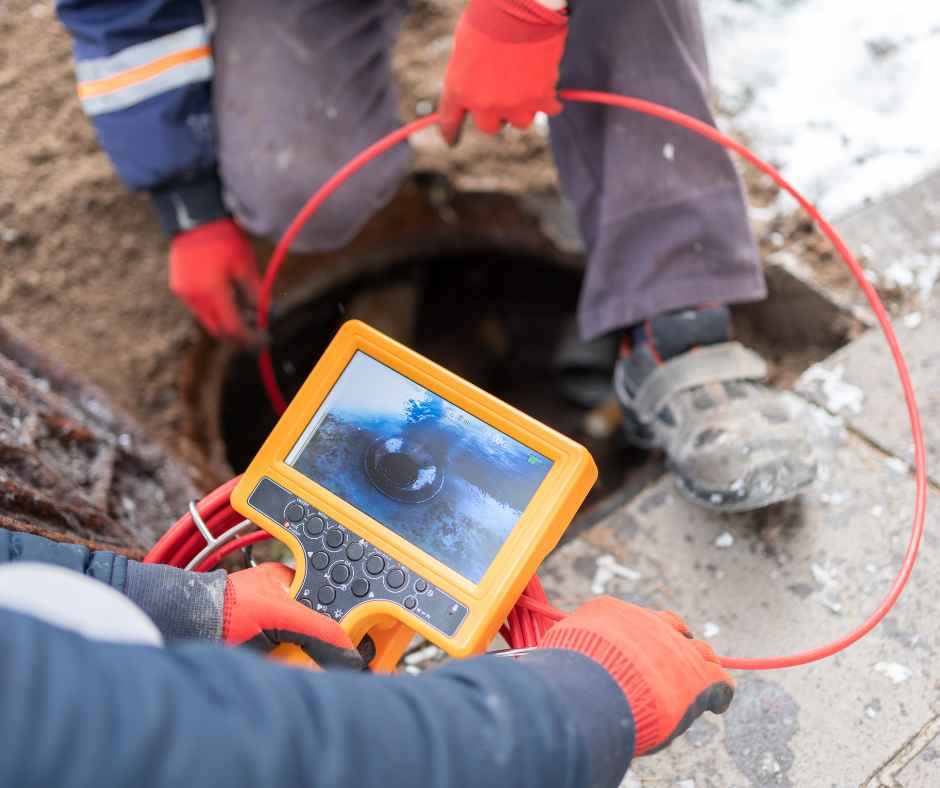
How to Recognize a Sewer Line Problem Before It Damages Your Home
Have a Question?
